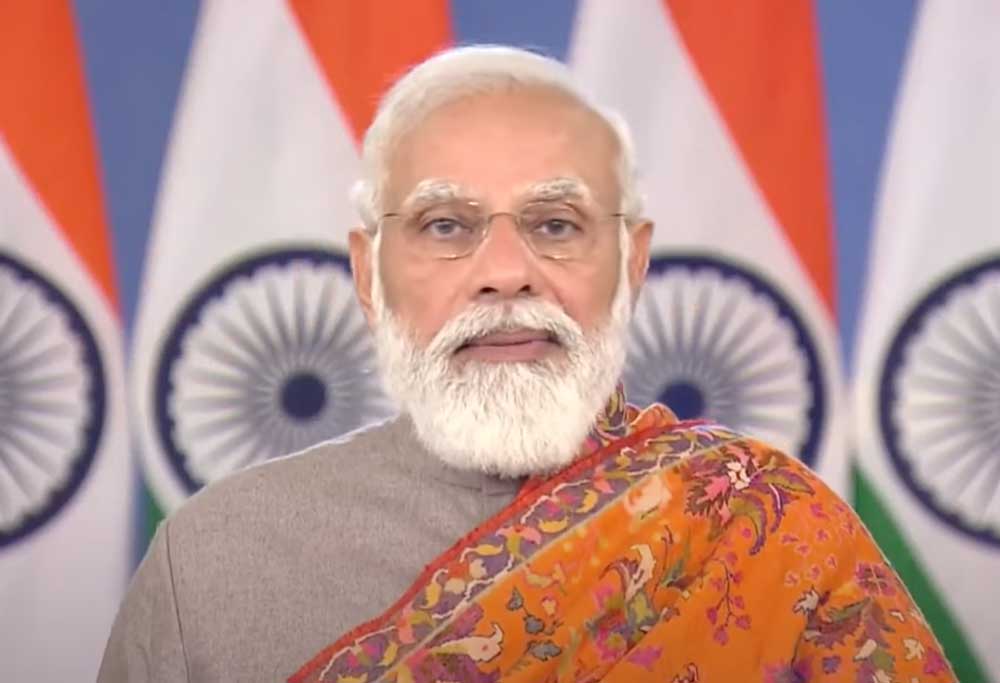Prime Minister Narendra Modi announced the Farm Laws repeal decision in a direct address to the nation on November 19. The three Farm Laws have led to mass protests in some northern states since last November, and a few of them are ongoing.

Mr. Modi began his speech by wishing the people a happy Guru Nanak Jayanti and mentioning the re-opening of the Kartarpur corridor.
The PM said that he had seen and felt the farmers’ woes up close during his five decades of public service.
The farm laws were brought in to provide more strength to the small farmers and also in the best interest of the country, he said.
The idea of the laws was to enable the farmers with more options, so they could get the right price, and although the enactment of these laws was done with pure intentions, the government could not convince some farmers despite best efforts, the PM said.
The government will repeal the laws later this month in the parliament, the Prime Minister said, while announcing the formation of a committee to promote zero budget agriculture, to change crops patterns as per the needs of the country, and to make the Minimum Support Price – MSP more transparent.
The committee will have representation from both state and centre, farmers, and agricultural experts.
PM projects a farmer-friendly administration
Prime Minister Modi said that most people are unaware that 80 percent of the country’s farmers, more than 10 crores in number, have less than 2 hectares of land per head, adding that his government focused on providing such farmers with insurance and increasing their savings.
The government provided the farmers with Soil Health Cards, Neem Coated Urea, and linked them with Micro-Irrigation, he said.
The government brought most farmers under the Fasal Bima Yojana (crop insurance scheme), and the farmers could get 1 lakh crore rupees in the last four years, Mr. Modi pointed out.
He said the government strengthened the country’s rural market infrastructure and increased the minimum support price.